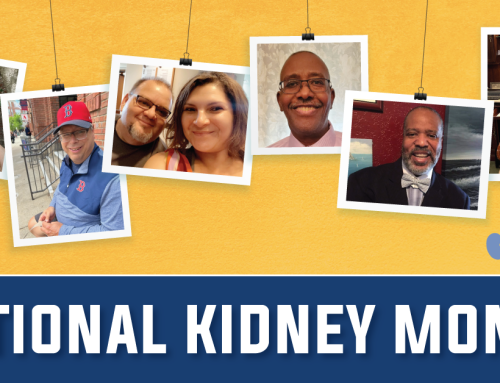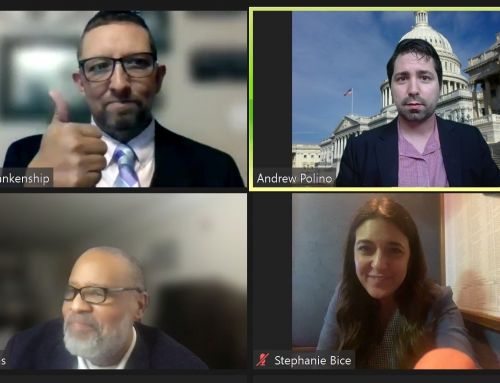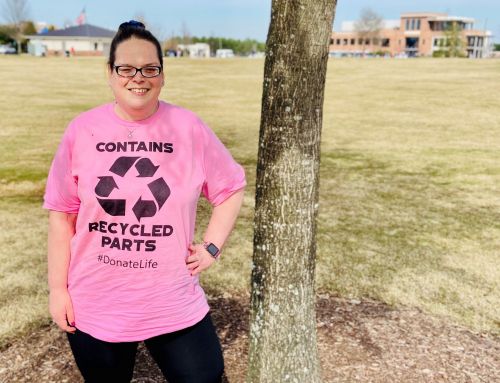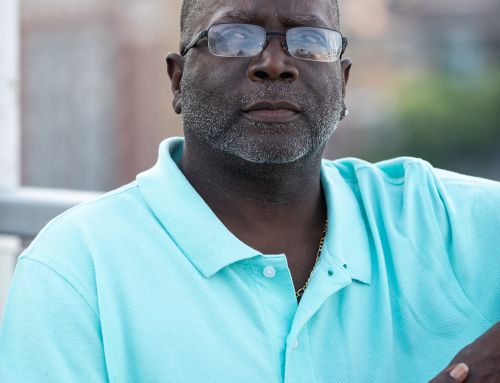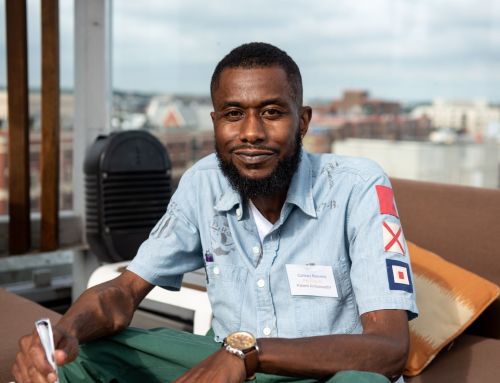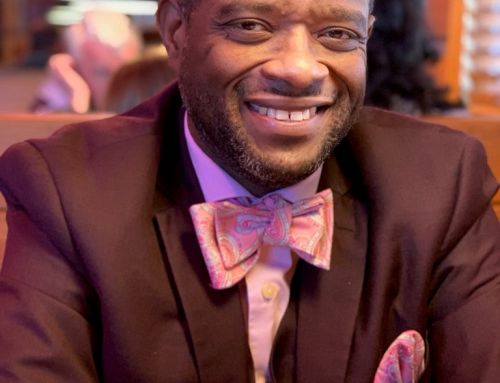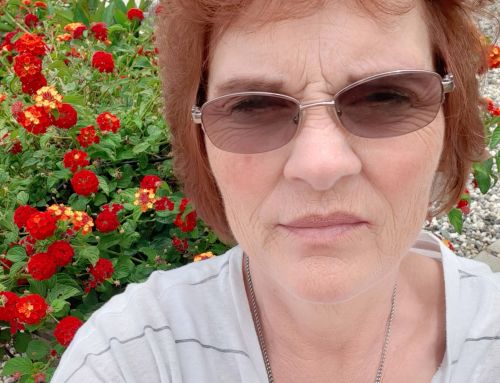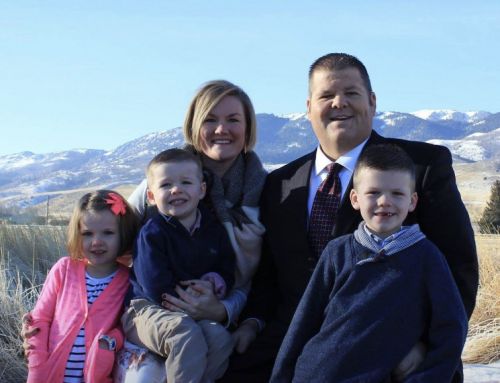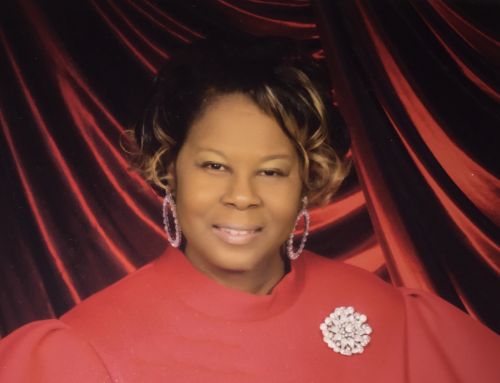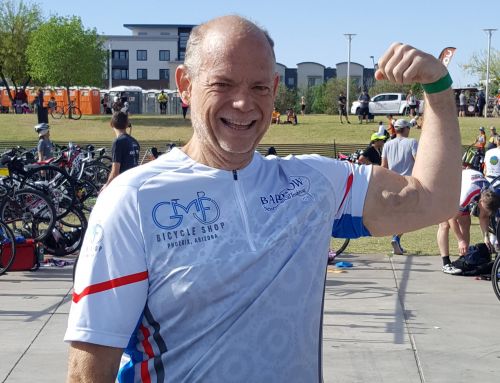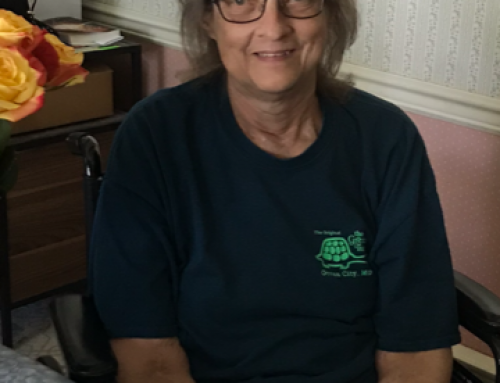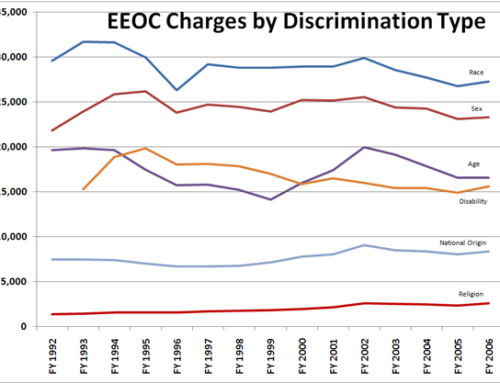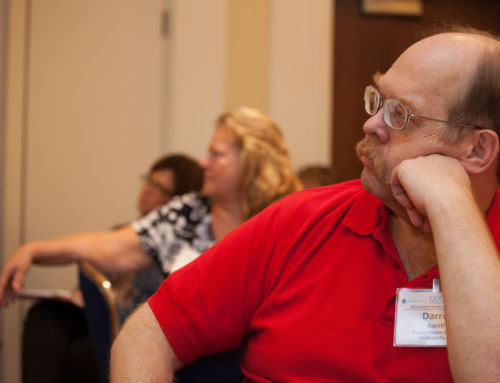By Jack Reynolds, DPC Patient Ambassador and Board Member
Seasons come and go, and cold winds blow. Holiday Greetings!
Well, I would never have made it as a Hallmark card bard.
One of my most vivid recollections of Christmas, which is almost dreamlike now, is lying alone in a hospital room pondering my gloomy fate and thinking about my family and what was going through their minds. The previous day I had met Dr. Condon for the first time, and she had informed me that I had undergone renal failure and from this time on would require treatments on the kidney machine. I don’t remember the actual word “dialysis” mentioned, but I was too much in shock and really had no idea what she was talking about. Because of the childhood pelvic injury, Dr. Condon remarked that I should have been expecting kidney shutdown, and it may have been my response that caused her to refer to me in an early evaluation as a “hostile male.”
The first year of dialysis passed quickly and I think to a large part because of my desire to understand my condition and the many variables, such as lab values. I became quite close with the clinic staff and to Dr. Condon. After a year or two, Dr. Condon moved to a warmer climate, and a new face began coming and going. This new face would have a lasting impact on my dialysis journey.
A short, stocky, Irishman who seemed to know everything about nephrology, was Dr. C.T. Flynn. An ex-officer in the Royal Air Force, the good doctor was constantly flying back and forth from the states to England or attending meetings around the world. Once he had finally settled his family into Des Moines, the traveling slowed down, and he really got to work as medical director of our clinic which was located in a hospital and which in fact was the only dialysis facility in the city at that time. In the current dialysis clinic era, many patients may only be visited weekly or monthly by a physician, but it was routine for Dr. Flynn to schedule rounds every day and every shift in our little clinic of four small rooms that had been converted over from the hospital mammogram unit.
For one thing, Dr. Flynn made it clear that dialysis patients in America were very fortunate to have the Medicare ESRD program to pay for medical services, where as in Merry Old England, at that time, if you were diabetic and your kidneys failed, you would be denied end-stage renal care because of the country’s socialized payment system. Over time, I grew to trust and respect this man, and it was this bond of unspoken faith between us that helped me to go head to head with the challenges of long-term dialysis.
Every Christmas was celebrated with a little pre-holiday party out in the waiting room with a small wrapped gift, which usually was a Christmas tree ornament with the year painted or inscribed upon it. One year the festivities included Irish coffee with the doctor deftly applying a thin layer of cream slowly over a silver teaspoon to make the rich topping for the beverage. That little amount of cream will not matter he assured us. He understood the strain that the dialysis life had on his patients, and he understood the tremendous importance of being able to enjoy some precious moments in life when and where possible. One humorous incident occurred that had nothing to do with dialysis.
In 1977, KISS, the hottest band in the land, came to Des Moines. While waiting outside the venue along comes Dr. Flynn accompanied by his two young daughters of early teen years. Spotting me, he asked in a most concerned tone of voice, if I would keep an eye on them at the concert! It was a great concert, and no doctor’s daughters were debauched to my knowledge.
Dr. Flynn would eventually open his own clinic with a group of nephrologists, Kidney Care Partners, and this is the dialysis facility I have gone to for treatment since 1986, although for the last ten years it has been operated as a DaVita facility.
In this time of holiday merriment, I have to always think back to that lonely Christmas of 1974, laying in that bed so ill and discouraged. Never could I have imagined that I would have a life worth living and that it would be made possible by a medical miracle that academia had told a medical student in a war torn European country that it was impossible to remove blood from a human being, cleanse it of excess toxins and fluid, and return it safely to the patient. The miracle of dialysis became my God sent salvation, but no machine can do its work without that dedicated team of professionals that help nurture and care for the overwhelming majority of kidney citizens in provider facilities across this country and around the world.
To these thousands of care providers and to the hundreds of thousands of dialysis and transplant citizens, I wish you a very Happy Holiday Season & Good Health for the New Year 2015.



